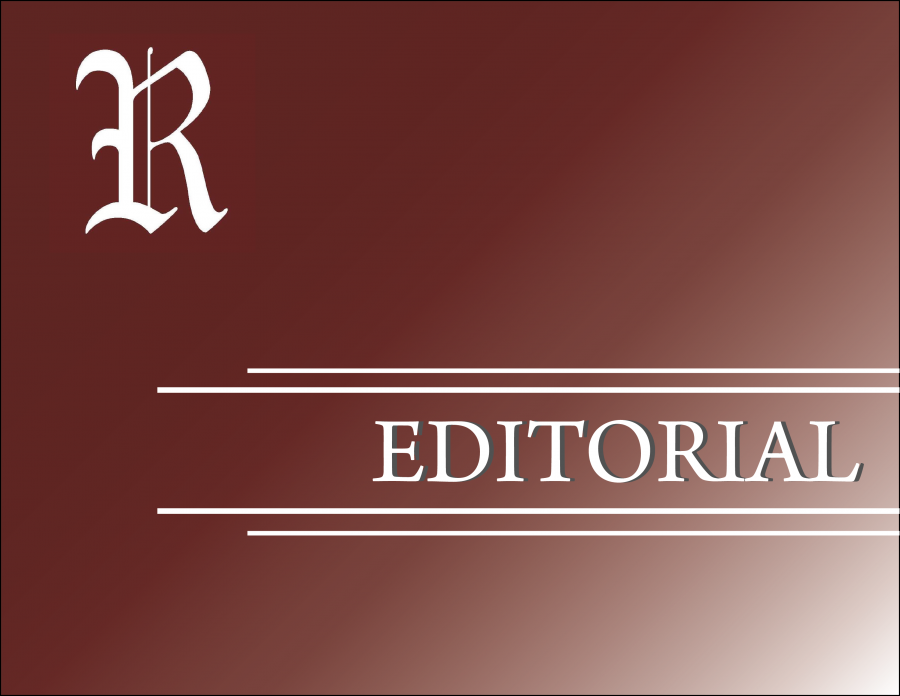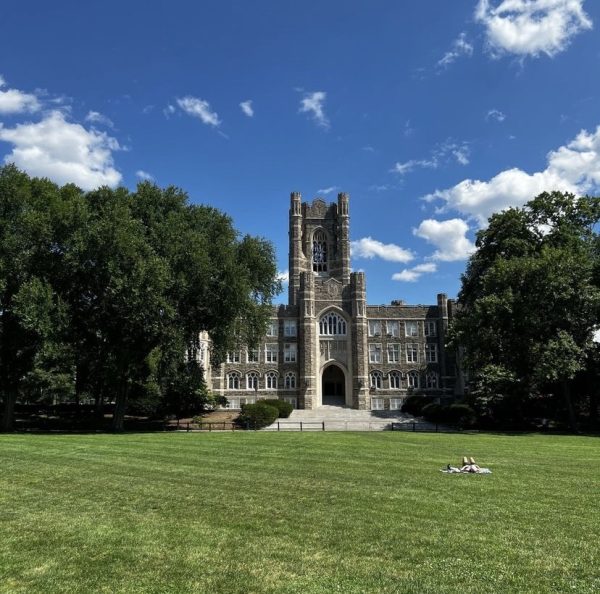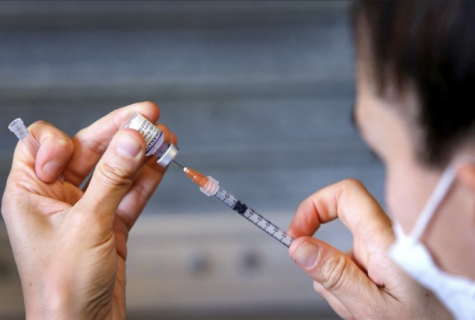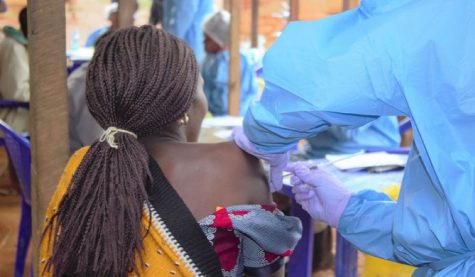Lack of Spring Break Affects Students’ Mental Health
Last October, Fordham students received an email from university Provost Dennis C. Jacobs informing us that our spring semester would not include a spring break. This decision comes from a legitimate concern: COVID-19 cases spiked during spring break season in 2020, and experts worry that the same will happen in 2021. By not having a spring break, Fordham hopes to avoid students traveling out of state and quarantining upon return.
However, college students are more than their airline tickets, spring break plans and negative test results. Spring break, while posing a logistics nightmare for Fordham, offers us a chance to step away from our schoolwork, sleep in and focus on ourselves. Without that week of relaxation, students are struggling. We’re fighting something in addition to the coronavirus: burnout.
Fordham University replaced our spring break with three holidays: Presidents’ Day on Feb. 15, a “break day” on March 10 and Good Friday on April 2. Yet, our allotted three days fail to provide students with an adequate amount of time off. In a time when we’re attending online classes from our bedrooms, the line between school and rest blurred long ago. Those holidays are students’ only reprieve from constant work, yet they barely feel like enough.
Three daylong holidays sprinkled across three months do not constitute a break; at best, they give us a long weekend. One of our holidays, the “mid-semester break day” on Wednesday, March 10, gave us even less. Many Fordham students, especially upperclassmen, already don’t have classes on Wednesdays, rendering this break ineffective for a large portion of the student body. Further, the “break day” took place during midterms — it served as a day to study rather than rest.
The lack of days off hits especially hard this week: our last university holiday of the semester is this Friday. In the past, Fordham students had a five-day break spanning Holy Thursday, Good Friday and Easter Monday. Since Fordham is a Catholic university, the omission of those days is something of a shock. The shortened holiday weekend affects both students’ Easter celebrations and mental health. From here, the slog continues for an unbroken month until the last day of classes on May 5.
It’s no secret that we’re exhausted. After a full year of the new normal, it’s important we acknowledge the toll it’s taken on us. Our lives have changed so much since March 2020, and while we adapted to the complexities of online college, it has not been an easy process. For many of us, it’s been over a year since we last sat down in a classroom; for some of us, it’s been over a year since we even set foot on Fordham’s campus. We cannot ignore the effect that the pandemic has on our lives and our mental health.
The university finalized its spring 2021 schedule in October; we are unfortunately resigned to the rest of the semester without any breaks. In the absence of an official spring break, we have to take care of ourselves on our own time.
If you’re feeling burnt out, reach out to your professors and let them know. They have spent the last year adjusting to online learning too, and they understand the fatigue that we’re all struggling with. Ask for extensions. Take breaks from reading, studying and zooming. Walk around outside, whether that’s on campus, in your neighborhood or in a park. While we cannot change the schedule, we can strive to create our own breaks within it.











































































































































































































